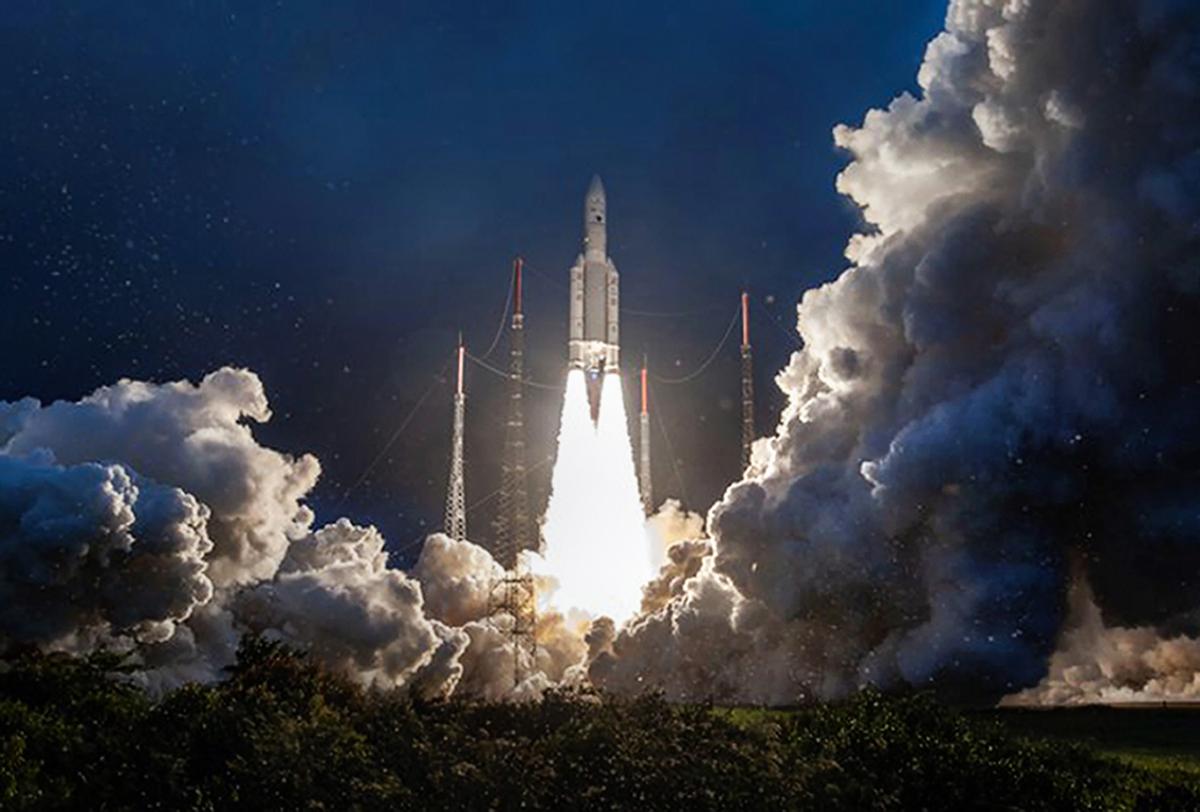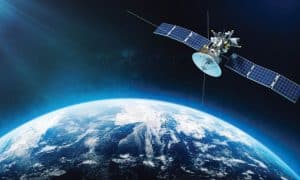There’s a need to recommend segregation of the FDI limit for space activities in India. It is proposed that companies involved in the construction and launch of satellites, as well as the provision of goods and technology for space use, should have a separate FDI limit.
Similarly, companies engaged in the development of satellite capacity for telecommunications or broadcasting purposes, as well as those providing tracking and telemetry services, should be subject to a different FDI limit.
Considering that the latter category of companies operates under the purview of telecom laws, and the FDI limit in the telecommunications sector has been increased to 100% (from the previous 49%) through the automatic route, it is suggested that these companies should be eligible for a 100% FDI limit through the automatic route as well.
Although it is desirable, in the event that 100% Foreign Direct Investment (FDI) through the automatic route is not feasible, it is recommended that the government permits 100% FDI through a simplified procedure that reduces the necessary requirements.
This revised process should be strictly time-limited, transparent, and provide predictable approvals. It is worth noting that the achievement of affordable and widespread broadband connectivity in remote and inaccessible areas of India heavily relies on advanced satellite technologies, which may not be readily accessible within the country for several more years.
Therefore, in the near future, we require the assistance of foreign operators and their satellite/constellations to reduce the cost of satellite capacity and make satellite broadband more affordable in this region.
In order to facilitate this, foreign operators may need to establish entities in India solely for the purpose of receiving signals from their satellites/constellations, which means they will not be able to bring in foreign direct investment in the short to medium term.
However, in such instances, it is preferable for these companies to establish Indian entities in order to ensure accountability. To incentivize this, foreign direct investment restrictions that are applicable to the space sector should not be imposed on them.
The implementation of a 100% foreign direct investment (FDI) option specifically for satellite communications through the automatic route, similar to the approach taken in the telecommunications sector, will serve as a catalyst for attracting foreign investments in the field of satellite connectivity.
By injecting the necessary substantial FDI into the space sector, not only will there be significant growth advantages within the sector itself, but also various consequential benefits, as the space sector plays a pivotal role in driving growth across multiple sectors such as Meteorology, Energy, Telecommunications, Insurance, Transport, Maritime, Aviation, and Urban Development.
It is anticipated that the new Space Policy will be implemented meticulously, adhering to its principles and objectives, to ensure a seamless take-off of the space sector and its attainment of the highest levels of excellence.
Disclaimer: Views Expressed are Author's Own. Geospatial World May or May Not Endorse it








